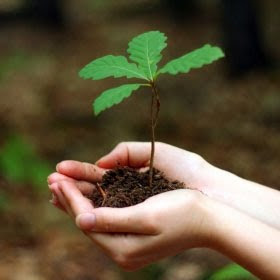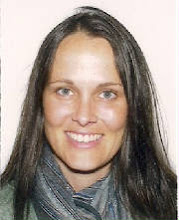Saw this interesting article on the Wall Street Journal about the purported health benefits of coffee. There have been a lot of claims recently that coffee can help reduce the risk of everything from heart disease to cancer, which we obviously think is excellent news.
Many of these new studies seem to contradict older research which generally held that coffee was bad for you and actually increased risk of cancer and cardiovascular disease. Turns out that many coffee drinkers were also smokers and when the health risks from smoking were factored out of the equation, suddenly the coffee drinkers actually enjoyed a number of health benefits!
However this article reminds people that for every benefit there is a tradeoff. It's still not good for pregnant women or people with hypertension for example. Perhaps coffee should also come with the label "Please Enjoy Responsibly"? Read more here:

Here are some more interesting stats from the article:
- Diabetes: Many studies find that coffee—decaf or regular—lowers the risk of developing Type 2 diabetes, but caffeine raises blood sugar in people who already have it.
- Cancer: Earlier studies implicating coffee in causing cancer have been disproven; may instead lower the risk of colon, mouth, throat and other cancers.
- Heart disease: Long-term coffee drinking does not appear to raise the risk and may provide some protection.
- Hypertension: Caffeine raises blood pressure, so sufferers should be wary.
- Cholesterol: Some coffee—especially decaf—raises LDL, the bad kind of cholesterol.
- Alzheimer's: Moderate coffee drinking appears to be protective.
- Osteoporosis: Caffeine lowers bone density, but adding milk can balance out the risk.
- Pregnancy: Caffeine intake may increase the risk of miscarriage and low birth-weight babies.
- Sleep: Effects are highly variable, but avoiding coffee after 3 p.m. can avert insomnia.
- Mood: Moderate caffeine boosts energy and cuts depression, but excess amounts can cause anxiety.
Source: WSJ research





















